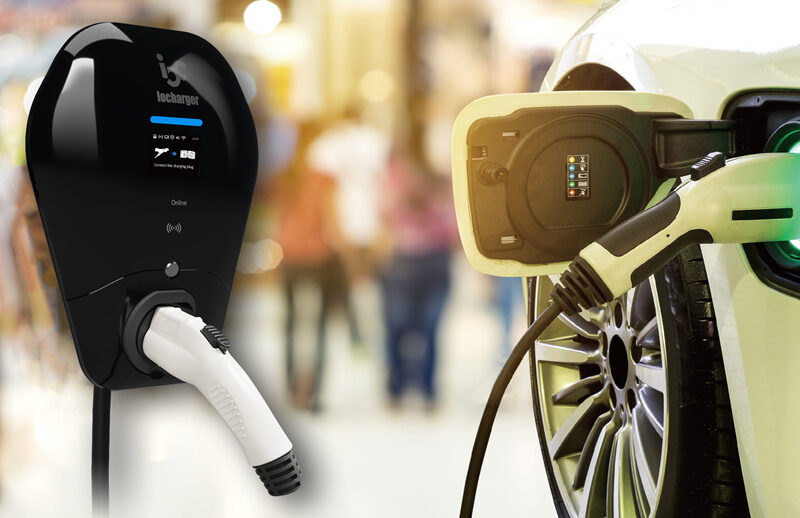
The Biden administration has approved electric vehicle charging infrastructure plans for all 50 states, the District of Columbia and Puerto Rico ahead of Sept. 30 deadline.
The approval unlocks more than $1.5 billion in funding in 2022-23 to build EV chargers across roughly 75,000 miles of U.S. highway, including interstates and alternative fuel corridors, according to the Federal Highway Administration.
The agency said it had approved 35 of the 52 EV infrastructure deployment plans submitted by states, D.C. and Puerto Rico ahead of schedule under the National Electric Vehicle Infrastructure Formula Program.
The program — created and funded by the infrastructure law — makes $5 billion available over the next five years to help states achieve President Joe Biden’s goal of 500,000 EV charging stations across the U.S. by 2030.
With the approval, states, D.C. and Puerto Rico can now be reimbursed for certain costs related to the development of their plans. They can use the funding for projects directly related to the charging of a vehicle, such as upgrading or constructing new charging infrastructure, and activities related to station maintenance and work force development.
The Federal Highway Administration proposed a rule on the minimum standards and requirements to ensure EV charging stations are accessible, user-friendly and interoperable among different charging companies and across a broad range of vehicles. It plans to finalize the rule “expeditiously.”
Biden last year set an ambitious target for battery-electric, plug-in hybrid and fuel cells to make up 50 percent of all new vehicles sold in the U.S. by 2030. And, to speed up EV adoption, his administration wants to work with states to build a national charging network with funding from the infrastructure law.
